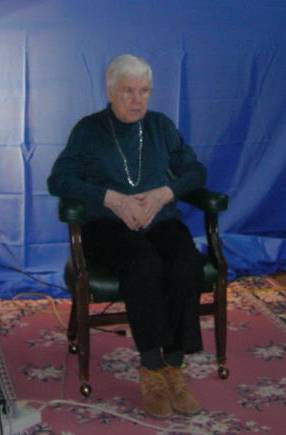If you have not yet heard of G.I. Gurdjieff, this may be your lucky day.
Back in 1972 I was introduced to the work of Gurdjieff by way of the work of P.D. Ouspensky. (The first book of Ouspensky’s I read was In Search of the Miraculous, the title of which in itself immediately grabbed me, as embodying my deepest yearning.) Here was evidence that deeper things that our culture denied nevertheless existed and perhaps could be found.
This was reinforcement that I needed, for I was very much alone, working without a school, without a religious tradition (having left the Catholic church as a teen) and without a teacher. If that is your situation, and you are of an intellectual bent, Gurdjieff’s work is in print and may take you far. Better, of course–in fact indispensible–is a teacher. But make yourself ready and the teacher will appear, though it may take you a while to recognize him, or her, as such. I well remember reading that “when the student is ready, the teacher will appear” and desperately hoping that it was true, but not of course knowing that it was. In fact, I had already met the man who would become my first teacher, but I could not read my life forward and so didn’t know that he was. Oddly, neither at the time did he.
But the point of this post was supposed to be Gurdjeiff’s criteria for finding and recognizing our proper work:
